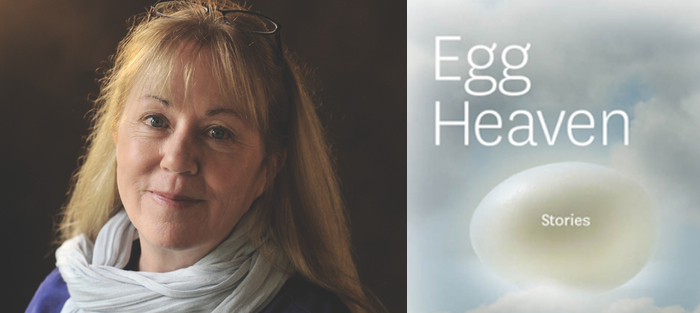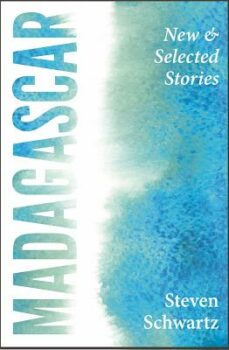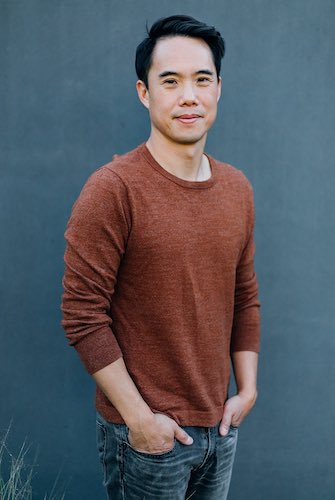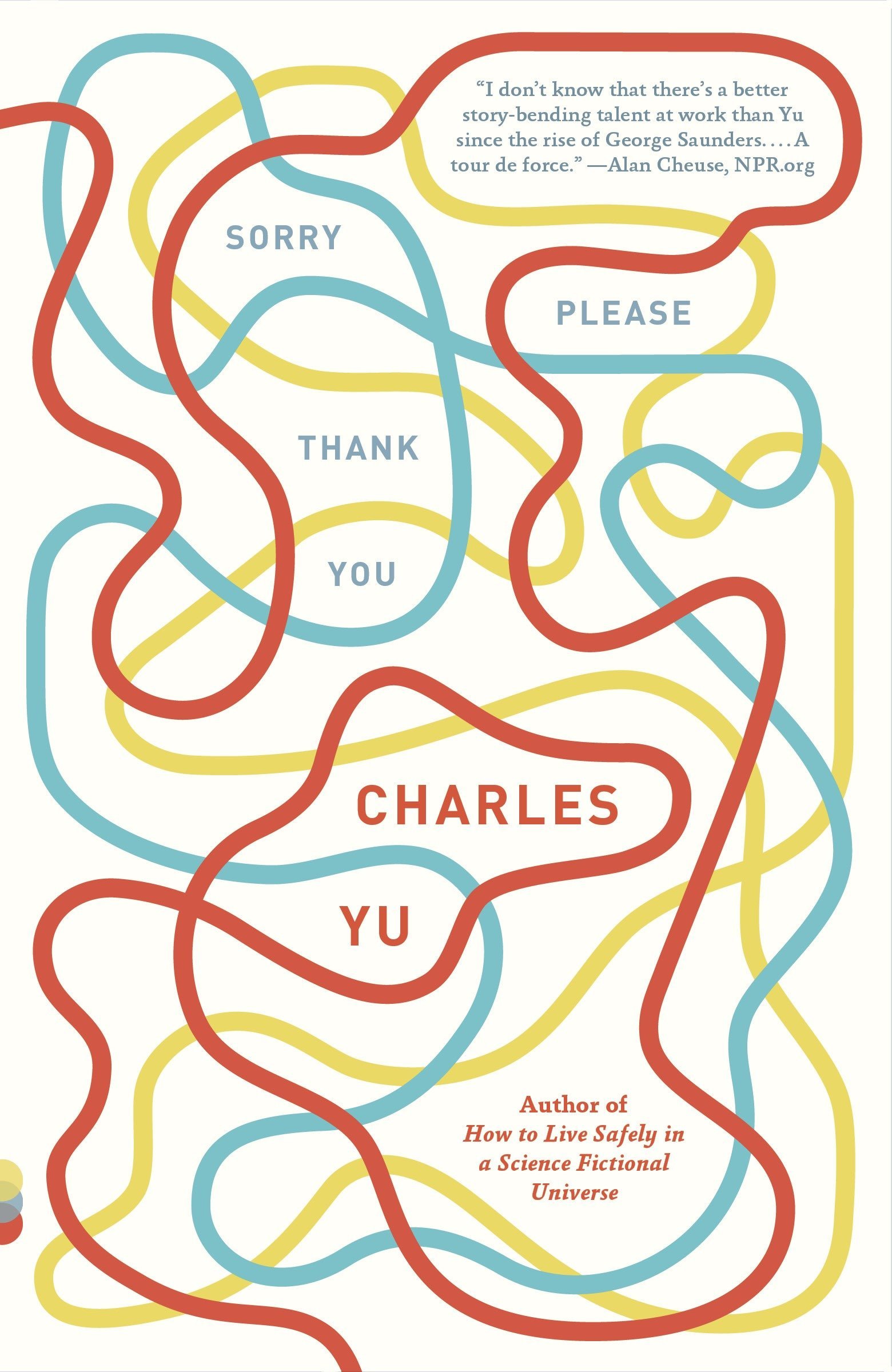Robin Parks and I met at the Feminist Women’s Writing Workshop many years ago, and it has been my great luck that she and I have continued to have a rich, supportive relationship as writers. She is not only one of the best editors I have encountered (her insights into and feedback on my work have been invaluable), but she also writes with a breathtaking beauty that, quite frankly, thrills me. It’s a joy to see these stories live together as Egg Heaven, Robin’s first collection of short stories, which has just been published by Shade Mountain Press. She is the managing editor of Referential Magazine and her stories have appeared in literary magazines including Bellingham Review, Prism International, and Connotation. She lives in the Philadelphia area with her husband, the hilarious writer Sean Toner.
Interview:
Maureen O’Brien: I know that Dorothy Allison was pivotal in your journey as a writer. At this point in your career, how would you describe the influence she had in your writing life?
Robin Parks: Before I met Dorothy Allison, I was not a writer, at least not of literary fiction or anything other than academic stuff. I was a grad student studying philosophy—late ’80s, early ’90s, a grand time for “women’s literature”—and my master’s thesis was on Allison, Amy Tan, and Sandra Cisneros. So when I learned that Dorothy Allison would be at the Feminist Women’s Writing Workshop in Ithaca, I wrote to her via the organizers and asked if I could interview her for my thesis. I didn’t hear back but I showed up anyway, utterly embarrassed at how I was passing as a “writer” just to snag an exclusive quote or two for my thesis.
Okay, I’m lying. Studying these women who were so courageously making art out of otherness made me ashamed that I was so cowardly hiding behind intellectualism. I wanted to risk being an artist in this world. So at the workshop I pretended I was. And at one juncture, in front of all these women, Dorothy Allison turned her ferocious glare on me and said, “You know you’re a writer, right?” That was it. That night I committed to being a writer, no matter how completely I might fail at it. On her website, Allison says, “What I am here for is to tell you stories you may not want to hear.” I think because of her, because of that era of literary fiction and now the huge wave of memoir writing, we know we actually do want—maybe even need—to hear these stories.
This story just kills me. I can hear her voice with that little twang/drawl in it. She sets the bar so high, and I love her for that. Based on her idea of pushing ourselves, was there any story in Egg Heaven that you found particularly difficult to write?
 Difficult to write? Difficult emotionally? Psychologically? Spiritually? I think “Delgado’s Family Mexican Restaurant” was one of the harder pieces for me, because the characters were so doomed. So completely, utterly doomed. They are a beautifully happy gay couple living in the 1980s, and one of them, Jacinto, is determined to get tested for HIV, but the other one, Sam, can’t bear the idea of knowing. In the end, the test is positive. I worked at AIDS Project Los Angeles for three years in the ’80s…it was sometimes just so overwhelmingly sad to be there. Because of that experience I knew there was no way I could save my characters.
Difficult to write? Difficult emotionally? Psychologically? Spiritually? I think “Delgado’s Family Mexican Restaurant” was one of the harder pieces for me, because the characters were so doomed. So completely, utterly doomed. They are a beautifully happy gay couple living in the 1980s, and one of them, Jacinto, is determined to get tested for HIV, but the other one, Sam, can’t bear the idea of knowing. In the end, the test is positive. I worked at AIDS Project Los Angeles for three years in the ’80s…it was sometimes just so overwhelmingly sad to be there. Because of that experience I knew there was no way I could save my characters.
What draws you to the form of the short story as opposed to, say, poetry or memoir? What compels you to work in this form?
I grew up poetry-less. Didn’t seem wise to start from scratch. Novels? Loved reading them, but knew there was no way I had the psychological stamina to hang around in my own made-up universe for that length of time. Hadn’t heard about memoirs when I started out. That left short stories…I can do short!
Then I began learning about all the rules a good short story must obey, and those rules made me fall in love with the form. Short stories are not mini-novels. And they are not poems. They have their own peculiar shape and charm and satisfaction.
I’d love to hear about the rules you fell in love with.
I guess these are less like rules and more like goals. Here goes:
Goal #1: “Plant the stout stake of emotion” from word one. When a reader begins a short story, she knows it will end in about a half hour. Unlike a novel or memoir—hefty and full of promise for many nights of falling asleep reading, or sinfully browsing and skipping sections—a short story makes the reader instantly tense and alert. The end is coming at her like a train wreck! So every word counts, right from sentence one. There is no meandering into a short story, because there simply is no time for such indulgence. Henry James was right.
Goal #2: Everything in a short story should either (a) reveal character or (b) move the story to its climax. Everything. If a character has a big nose, there is a reason for it and that reason has something to do with the character’s character. If there is a peony mentioned, it’s because it’s guiding the reader toward the climax. No gratuitous flinging about of physical detail just for the pleasure of it. No wandering around in a scene just because it’s so much fun. There just isn’t time for such folderol (see Goal #1).
Goal #3: A short story is about the day like no other (for the characters, not for the reader). So somehow the writer needs to let the reader know both what is quotidian and what is not. And preferably do that in the first paragraph (see Goal #1). This is not easy, especially since a short story should eschew backstory, because—you guessed it!—there’s no time for it!
I’m delighted by these rules, as they fit—snugly—around my two favorite short stories, Flannery O’Connor’s “Everything That Rises Must Converge” and “Good Country People.” Both of these have enormously high stakes for the characters in the sweep of one day. Your story “Breakfast” illuminates these rules beautifully too. I mean, how could a reader not be pulled into a story where the narrator is on a quest to find out exactly how her mentally ill mother died? And I love your stress on keeping the narrative lens focused. It reminds me of Tim O’Brien’s idea that “Stuff isn’t story.”
So, that makes me wonder…have you always read short stories? An agent once told me short stories are like chamber music—not for everyone. And I’ve met more than one person who told me they just don’t “get them.”
It did take me longer to understand the form, both as a writer and reader. But this brings me to my next question, which is that your stories stand alone with strength and fullness, and yet the collection hangs together, and could be read as a novel. Do you agree? And what do think of the distinctions made today, such as “a novel in short stories” or “linked stories”? Do you have a word to describe Egg Heaven, or perhaps—I’m wondering—maybe you think these discussions and dissections sort of silly?
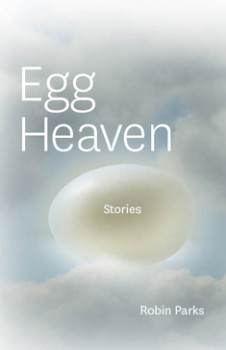 When I started writing, I planned to write a collection, not singular disparate stories. But what is a “collection”? I have read so many short story collections that just don’t seem to cohere. I wanted my collection to cohere. I wanted to give readers a book-length experience. So I committed to the geography of Southern California and the ambiance of restaurants.
When I started writing, I planned to write a collection, not singular disparate stories. But what is a “collection”? I have read so many short story collections that just don’t seem to cohere. I wanted my collection to cohere. I wanted to give readers a book-length experience. So I committed to the geography of Southern California and the ambiance of restaurants.
Truth is, I was awash in memories of serving coffee and eggs to people who either (a) scared me, (b) made me sad, or (c) pissed me off. The feeling of sand in my shoes and maple syrup on my hands and the unrelenting California sun…I just had to get it out of my brain and heart and onto the page.
Well, actually, I was being really nosy and trying to get you to say which story, if any, was more autobiographical. But why I would do this is not really fair, since I hate when people read my fiction and play “gotcha” with me.
It’s so strange, isn’t it? Readers really want to know how much “fact” is in our “fiction.” That said, every story in Egg Heaven has at least one element based on my life as a waitress. One little place I worked in had so few customers the owner and I played round after round of Scrabble. I can still smell the bright yellow gravy I served in the chicken pie shop in downtown Long Beach. The Mission in San Juan Capistrano was frightening and beautiful to me as a child. And in the Mexican restaurant where I worked, I screwed up every single order every time, but the owners still gave me a 50-cent raise. That kind of thing. Sensual, visceral memories. Egg Heaven is actually a little diner in Long Beach, still in business. It was my favorite waitress gig. We got to wear our own clothes and smoke.
How about you? How much of you is in B-Mother (Houghton Mifflin Harcourt, 2007)?
There’s a lot of me in B-Mother in terms of the landscape, and a lot of the characters are very close to “real people.” It’s such a hard question because though the loss of the main character is not my loss, I shoved every feeling I’ve ever had into her.
The poignancy is amazingly visceral in B-Mother. Did you have a psychological exit strategy when it got too heartbreaking to write?
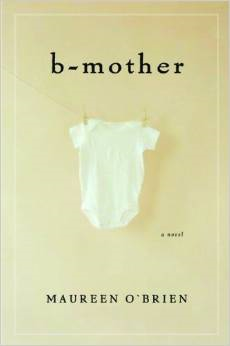 It’s funny now to think about, but it wasn’t at the time: I bawled my head off! Loss is such a big theme in our work—but personally, now, I want to be done with it! I don’t know why I am so “angry” at it as a theme. My chapbook of poems was also about loss. Enough already.
It’s funny now to think about, but it wasn’t at the time: I bawled my head off! Loss is such a big theme in our work—but personally, now, I want to be done with it! I don’t know why I am so “angry” at it as a theme. My chapbook of poems was also about loss. Enough already.
Yeah, that whole “loss” thing—my husband recently accused me of having a top hat full of tiny sad bunnies. Just when I’m about to say something magical and happy, out come the bunnies. But would we have written without the fuel that is sorrow? Do you write, now, with some other passion than offering to the public beautiful sentences packed with grief?
Would I have “written without the fuel that is sorrow”? This is an essential question for me. I would not have. At this point in my life I see how sorrow and joy speak to one another and flow in their own way, through time. Sorrow leads to rebirth. But must sorrow be the point of entry for art/my art, still? And is it really sorrow or just the simple sting of being alive?
“The simple sting of being alive”…are you thinking of something you are working on specifically?
I think the answer is that I am still needing to tell stories of loss (even though my inner critic seems to be berating me for it) and I am working out these last years for me, which have been extraordinarily challenging. So the theme is there, but I’m hoping that in the poems, stories, memoir, and maybe a novel, that there is more balance in the work—carved out pain that can hold overflowing joy.
And here’s a question I’ve been meaning to ask you forever: how do you choose between writing a poem, a story, or a novel? I mean, stories are my only options. But not you!
I’ve wondered about this for decades. I don’t think there is a set answer, except that I believe the issue of time might steer the genre. Poems are frequently moment-epiphanies, stories a shorter time, and novels, to me, are fun because they can span so much time. Working cross-genre, I also believe that the short story is the hardest form to pull off. So you might have “only” stories, but damn, the form is so arduous. Think of how long “Egg Heaven” the story took! I remember an early draft—what year was that? A couple years after we last saw each other at the Feminist Women’s Writing Workshop?
You can’t get me to confess what year that was! You can’t! But what I can confess to is that summer evening hearing you read “Mole” and being overwhelmed with how real, blood-filled, and tender it was, so full of carved out pain holding overflowing joy…and what a talent you were (are), and how I was only exceedingly jealous. Whatever happened with that one, meaning did it appear anywhere?
No, I never sent that story out; maybe I should go look at it. That summer my kids were obsessed about the mole on my arm! They wouldn’t stop talking about it. You bring back memories of when you and I met, all the women reading to one another in that beautiful lake house.

